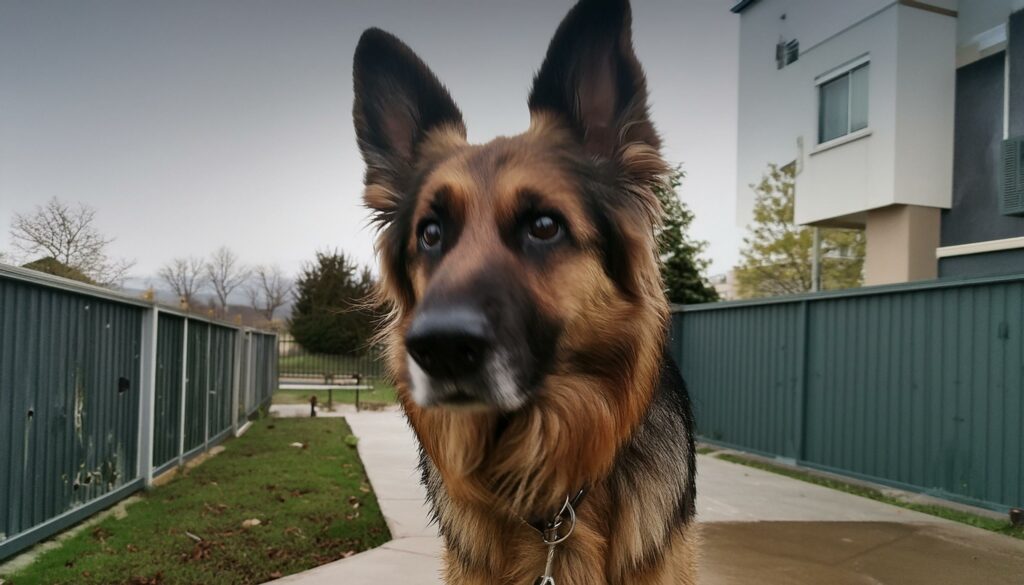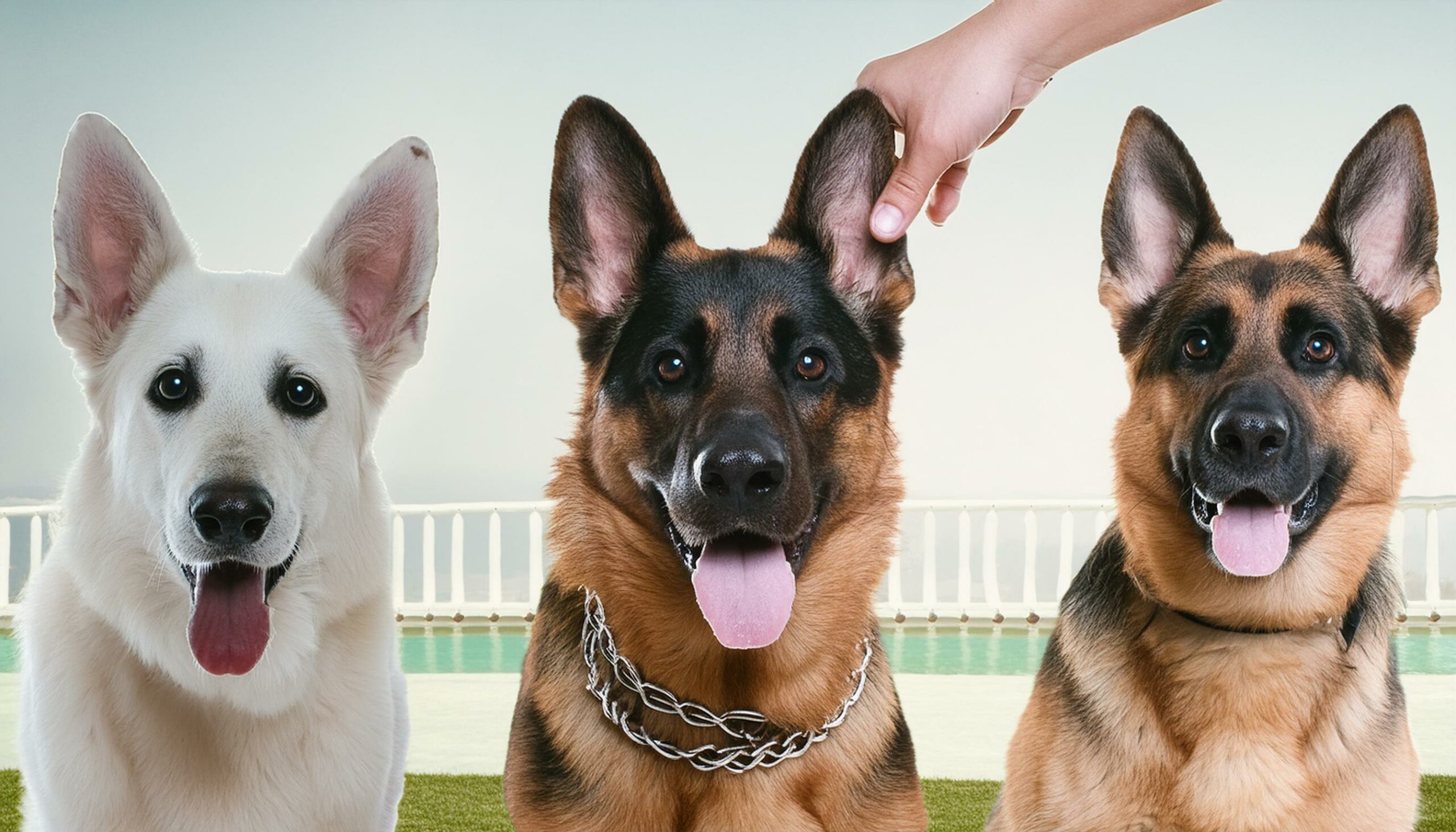German Shepherds are renowned for their intelligence, loyalty, and protective nature. However, like any breed, they require proper socialization and training to ensure they are friendly and well-adjusted companions. Whether you’re bringing home a new puppy or working to improve the behavior of an adult German Shepherd, creating a friendly demeanor involves understanding their unique needs and behaviors.
Understanding German Shepherds
German Shepherds are known for their strong bond with their owners and their innate protective instincts. They thrive on structure and routine and are highly trainable. However, they can also be wary of strangers and exhibit territorial behavior if not properly socialized.
Importance of Friendliness
A friendly German Shepherd is not only a joy to be around but also safer and more enjoyable for both the owner and others. Whether encountering new people, animals, or environments, a friendly demeanor can prevent potential conflicts and create positive experiences.
Creating a Positive Environment
Establishing a positive and nurturing environment is crucial for fostering friendliness in German Shepherds. This includes providing ample opportunities for socialization, maintaining a consistent training regimen, and building trust through positive reinforcement techniques.
Meeting Physical and Mental Needs
German Shepherds are high-energy dogs that require plenty of exercise to stay physically and mentally healthy. Daily walks, playtime, and engaging activities are essential for preventing boredom and destructive behavior.
Socializing Your German Shepherd
Early and ongoing socialization is key to ensuring your German Shepherd is friendly and well-adjusted in various situations. Exposing them to different people, animals, and environments from a young age helps them feel comfortable and confident in new settings.
Handling Fear and Anxiety

Like humans, German Shepherds can experience fear and anxiety in certain situations. It’s essential to identify triggers and work on desensitization techniques to help them overcome their fears gradually.
Building Trust through Communication
Effective communication is vital for building trust and strengthening the bond between you and your German Shepherd. Positive reinforcement training methods, clear commands, and consistent cues help them understand what is expected of them.
Addressing Aggression
Aggression in German Shepherds can stem from various factors, including fear, territoriality, or past experiences. It’s crucial to address any signs of aggression early on and seek professional help if needed to prevent escalation.
Fostering a Safe Home Environment
Creating a safe and comfortable home environment is essential for promoting friendliness and reducing stress in German Shepherds. Minimizing loud noises, providing a designated sleeping area, and offering plenty of mental stimulation can help them feel secure and content.
Importance of Regular Vet Check-ups

Regular veterinary check-ups are essential for maintaining your German Shepherd’s overall health and well-being. Addressing any behavioral concerns early on can prevent them from developing into more significant issues and ensure your dog remains happy and friendly.
Patience and Consistency
Making a German Shepherd friendly is a gradual process that requires patience, consistency, and dedication. Celebrate small victories along the way and remain committed to providing a loving and supportive environment for your furry companion.
Conclusion
Creating a friendly German Shepherd involves understanding their unique needs, providing ample socialization opportunities, and establishing trust through positive reinforcement techniques. By meeting their physical, mental, and emotional needs and addressing any behavioral issues early on, you can enjoy a rewarding relationship with your loyal and affectionate companion.
FAQs
How long does it take to make a German Shepherd friendly?
Making a German Shepherd friendly is a gradual process that can vary depending on the dog’s age, temperament, and past experiences. With patience and consistent training, you can see significant improvements over time.
Can an older German Shepherd become friendlier?
Yes, older German Shepherds can become friendlier with proper training and socialization. While it may take more time and patience compared to a younger dog, it’s never too late to work on improving their behavior.
What if my German Shepherd is showing signs of aggression?
If your German Shepherd is displaying signs of aggression, it’s essential to address the issue promptly and seek professional help if needed. Identifying the underlying cause of the aggression and implementing appropriate training techniques can help modify their behavior.
How often should I socialize my German Shepherd?
It’s important to socialize your German Shepherd regularly, starting from a young age and continuing throughout their life. Aim for daily interactions with different people, animals, and environments to help them feel comfortable and confident in various situations.
Are there specific breeds that German Shepherds get along with better?
While individual temperament plays a significant role, German Shepherds generally get along well with other breeds, especially when properly socialized from a young age. However, it’s essential to supervise interactions and monitor their behavior to ensure a positive experience for all involved.
